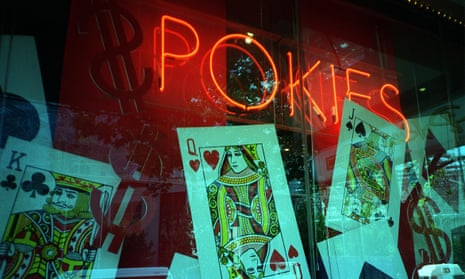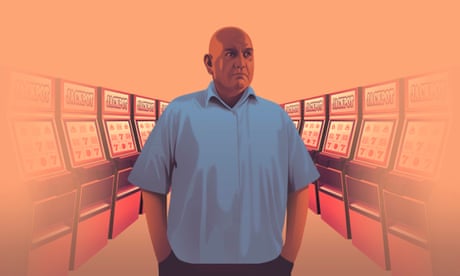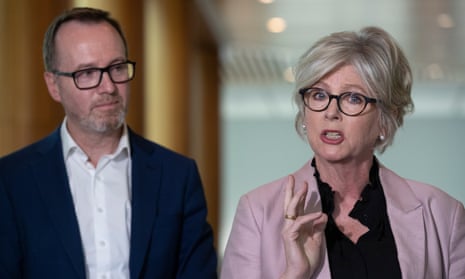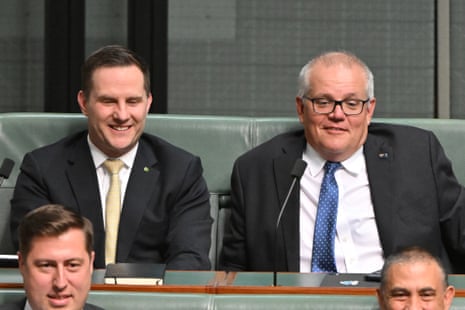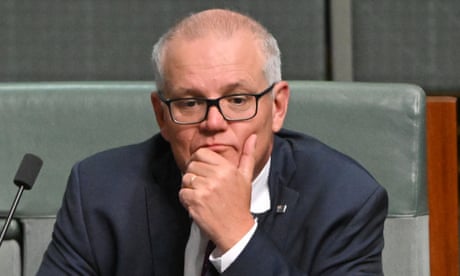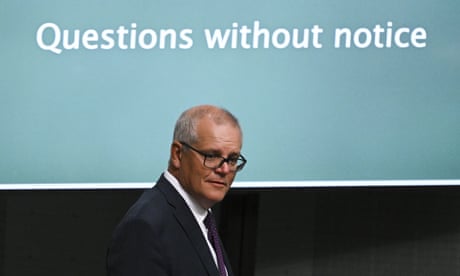Extract from The Guardian
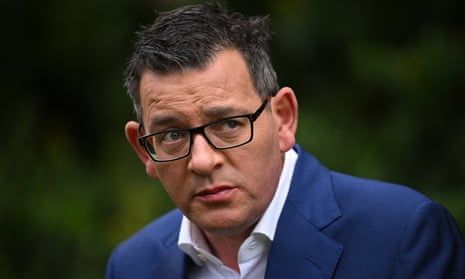
The media outlets owned by Rupert Murdoch in Australia openly campaigned for the demise of the Victorian Labor government in the weekend’s election and for the return of the federal Coalition government in May.
In both cases, the electorate ignored or rejected the campaigns, ousting the government led by Scott Morrison in favour of the Anthony Albanese-led Labor party, and giving Daniel Andrews a third term as premier.
What does this mean for Murdoch’s media outlets, which for decades have had a reputation for boosting the fortunes of political parties they favour, or at the least for anticipating the electorate’s mood and backing electoral winners accordingly? And how did the news media perform overall in covering Saturday’s election in Victoria?
First, a caveat: Murdoch’s reputation as a kingmaker may have been overblown. The political scientist Rodney Tiffen has written that it is hard to find clear evidence of coverage by News Corporation actually swinging an election result, not least because there are so many variables in play apart from the media.
Second, News Corp’s Australian newspapers, the news website, news.com.au, and its pay-tv outlet, Sky News Australia, loom large in the media landscape but so too, increasingly, does the ABC, which has, since just before the global pandemic, been the top or second-ranked online news outlet in the country.
The ABC’s combined national audience reach across television, radio and online is estimated to be just under 70%, according to the national broadcaster’s latest annual report, tabled in parliament in September.
Whatever the ABC’s critics might say, its news and current affairs is required by its charter to be accurate and impartial. Since the University of Canberra began measuring audience perceptions of trust in its annual Digital News Report, in 2018, the ABC has been more trusted than any other news source in Australia.
In other words, any campaigning by News Corp outlets seems to be offset or diluted by the ABC’s coverage.
Finally, it is increasingly clear that from the resounding message the national and Victorian electors have given to their politicians this year that they are most comfortable with a more centrist government. News Corp outlets have likely alienated them by moving further to the right.
The “vaudeville hatreds of Murdoch tabloids and Sky News”, as Martin McKenzie-Murray calls them, have opened chapter after chapter of seemingly never-ending culture wars about which the average Australian knows little and cares less.
As Tiffen has written, once News’ tabloid newspapers had a populist touch, profitably balancing sensationalism with credible reporting. Now there is “just a grinding predictability” with the “confected outrage” and the beat-ups rarely hitting home. “Like a one-trick pony, they try ever-bigger versions of the old sensationalist ploys,” which are suffering from the law of diminishing returns.
Matthew Ricketson is a professor of communication at Deakin University and former media editor for the Age. He is the Media Entertainment and Arts Alliance’s representative on the Press Council
